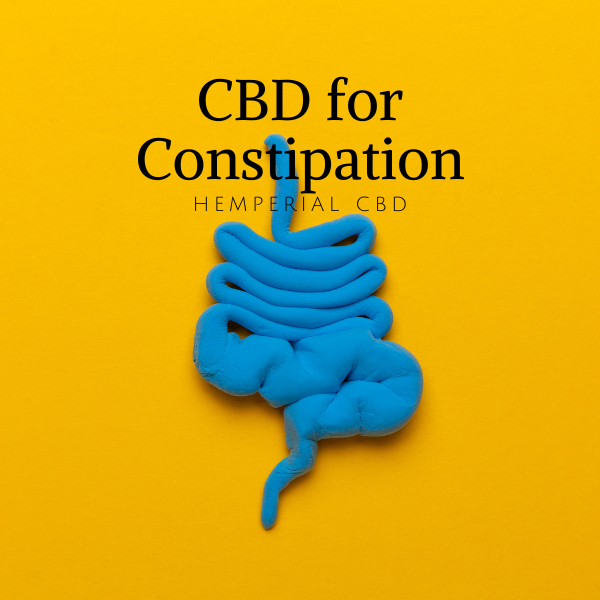CBD for constipation
Constipation, an uncomfortable and frequently distressing condition, is often underestimated in its ability to impact quality of life. With symptoms ranging from infrequent bowel movements to difficulty in passing stools, constipation can be sporadic or a chronic problem for some individuals. This condition’s prevalence has initiated an ongoing search for comprehensive treatment approaches. CBD for constipation: Can it help? Emerging from this search is a potential remedy growing in popularity – cannabidiol, more commonly known as CBD. This article aims to explore the use and potential benefits of CBD for constipation.
The Complexities of Constipation
Constipation is a common gastrointestinal disorder that could be a sporadic nuisance or a chronic issue, significantly impacting individuals’ lives. People suffering from constipation may experience fewer than three bowel movements a week, pass hard or lumpy stools, struggle during bowel movements, or a feeling of incomplete evacuation post bowel movements. Various factors can influence bowel regularity, such as dietary habits, hydration status, physical activity, stress levels, and specific medical conditions. All of these can exacerbate or alleviate constipation symptoms, making it a complex condition to manage.
CBD – Beyond the Buzzword
CBD is an acronym for cannabidiol, a type of cannabinoid derived from the Cannabis sativa plant. Unlike THC (tetrahydrocannabinol), another prominent cannabinoid, CBD does not induce psychoactive effects or the sensation of being “high.” However, CBD does interact with the human body’s endocannabinoid system (ECS), involved in regulating various body functions and processes, including digestion, thus bringing CBD into the spotlight for potential therapeutic applications, including CBD for constipation.
The Nexus of CBD and the Gastrointestinal (GI) System
In the human body, the ECS, influenced by CBD, has a significant role in the GI system. It is involved in gut motility, which is the movement of food and waste through the digestive system, managing intestinal inflammation, and visceral sensitivity, which refers to pain sensitivity in internal organs. Emerging research suggests that CBD, interacting with the ECS, might have the potential to influence these digestive processes, which could be beneficial for managing conditions like constipation.
The Science Behind CBD for Constipation
While scientific investigation into CBD for constipation is in its infancy, the preliminary studies, particularly on animal models, show promising results. For instance, some animal studies propose that CBD may enhance gut motility and decrease visceral pain. These effects could potentially help alleviate some symptoms of constipation. However, much of the existing research is limited to animal studies, and extensive human studies are required to solidify these claims and understand the underlying mechanisms involved fully.
Implementing CBD in Your Routine for Constipation
If you’re pondering the idea of using CBD for constipation, there are several considerations to keep in mind. While CBD shows potential for managing certain constipation symptoms, it’s not a standalone solution. A balanced diet, adequate hydration, and regular physical activity remain crucial for healthy bowel function. Therefore, if you plan to include CBD in your routine for constipation, consult your healthcare provider first. They can guide you regarding the safe usage of CBD and its potential interactions with other medications you may be taking. It’s equally important to choose high-quality CBD products, which have been third-party tested to ensure purity, potency, and absence of harmful contaminants.
Conclusion
Constipation is a common and often frustrating condition. The search for more effective treatments has opened up new areas of exploration, including the potential use of CBD for constipation. While the current research is promising, there’s still much we don’t know about how CBD may influence gut health and constipation. However, as our understanding of the ECS and its role in gastrointestinal health expands, we may find new ways to manage constipation and other digestive issues. For now, anyone considering using CBD for constipation should do so with an understanding of the current limitations of our knowledge and under the guidance of a healthcare provider.
